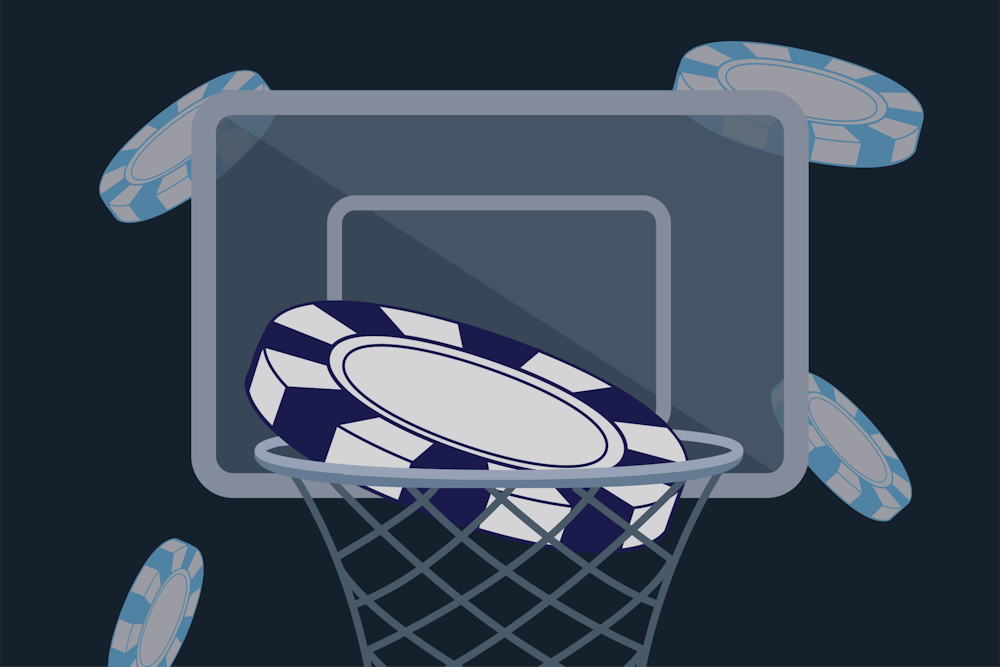With this year’s March Madness season underway, some UNC students believe that online sports betting can bring people together. However, experts have voiced their concerns about betting and its implications on young people since its legalization in North Carolina on March 11.
House Bill 347, signed into law last June by Gov. Roy Cooper, allows individuals at least 21 years old to place bets online for professional, collegiate and amateur sports, as well as horse races.
Jonathan Abramowitz, a professor in the UNC Department of Psychology and Neuroscience, said gambling is an especially unique activity because it operates under a variable-ratio schedule, where participants are rewarded with a win after an unpredictable number of bets placed.
“It's really hard to get out of that because you think that the next win might be right around the corner,” Abramowitz said. “We can very easily have a hard time resisting the urge to continue to do that.”
Abramowitz said that problematic gambling can affect individuals across all age groups, but that those between the ages of 18 and 22 are especially susceptible due to their developing brains and decision-making processes. He said he thinks sports betting will increase during events like March Madness and that feelings of depression, hopelessness and anxiety can result from extensive gambling.
Abramowitz also said students should be made more aware of gambling’s negative effects.
Collegiate sports are important for many Tar Heel fans, like the family of first-year student Kennedy Turner. Turner said she has experienced the connective power of sports, especially because several of relatives play and coach collegiate sports.
“I go out with friends to watch sports and I bring them to me,” Turner said. “My family every year has a UNC-Duke watch party at my grandma's house, so I was growing up going to those. Wherever I can watch sports, I do it.”
Turner said she has friends who place bets on games. She said bets can impact more than just those that place them — they can also affect players, as their performance can be correlated with the outcome of placed sports bets.




